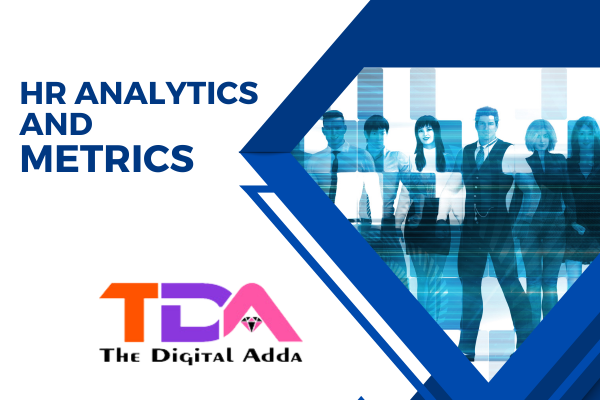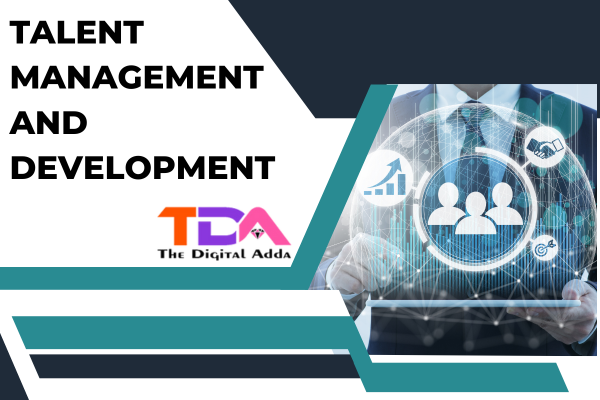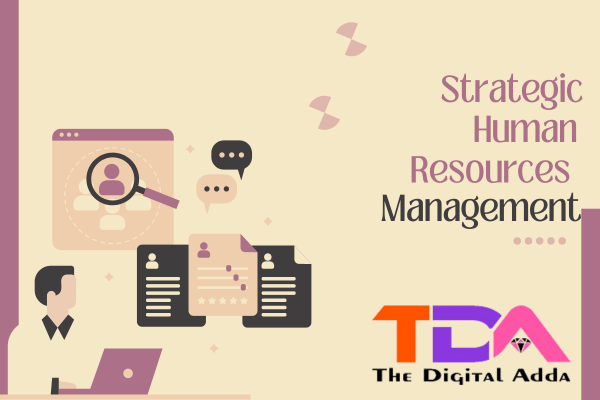Artificial Intelligence FREE Certification – The Digital Adda
Artificial Intelligence (AI) is a branch of computer science that focuses on creating systems or machines capable of performing tasks that typically require human intelligence. These tasks include learning, reasoning, problem-solving, perception, language understanding, and decision-making. AI aims to develop algorithms, models, and systems that can replicate or simulate human-like intelligence and cognitive abilities. Here are some key aspects of AI:
- Machine Learning:
- Supervised Learning: Involves training a model on labeled data (input-output pairs) to make predictions or classify new data.
- Unsupervised Learning: Learns patterns and structures in data without labeled examples, often used for clustering and dimensionality reduction.
- Reinforcement Learning: Focuses on decision-making in an environment, where an agent learns through interaction and feedback.
- Deep Learning:
- Deep learning is a subfield of machine learning that uses neural networks with multiple layers (deep neural networks) to automatically learn hierarchical representations of data.
- It has revolutionized AI by achieving remarkable results in tasks like image recognition, natural language processing, and game playing.
- Natural Language Processing (NLP):
- NLP focuses on enabling computers to understand, interpret, and generate human language. It’s used in chatbots, sentiment analysis, machine translation, and more.
- Transformers, a deep learning architecture, have significantly advanced NLP tasks.
- Computer Vision:
- Computer vision aims to enable machines to interpret and understand visual information from the world, including images and videos.
- Applications include object detection, facial recognition, medical image analysis, and autonomous vehicles.
- Robotics:
- AI is used in robotics to create intelligent machines capable of performing tasks in the physical world. Examples include industrial robots, drones, and autonomous robots in healthcare and logistics.
- Expert Systems:
- Expert systems are AI programs that mimic the decision-making abilities of human experts in specific domains. They use knowledge bases and rule-based reasoning to make decisions.
- AI Ethics:
- AI raises ethical concerns, including bias in algorithms, data privacy, transparency, accountability, and the potential for AI to replace human jobs.
- AI in Healthcare:
- AI is applied in medical diagnosis, drug discovery, personalized medicine, and health monitoring. It has played a significant role during the COVID-19 pandemic in tasks like vaccine development and contact tracing.
- AI in Business:
- AI is used in business for tasks such as predictive analytics, customer service chatbots, supply chain optimization, and fraud detection.
- AI Research and Development: – AI research involves creating new AI algorithms and techniques, exploring novel applications, and advancing the field’s theoretical foundations.
- Ethical AI and Responsible AI: – There is a growing emphasis on ensuring AI systems are developed and used responsibly, considering ethical, social, and legal implications.
- AI Governance and Regulation: – Governments and organizations are developing regulations and guidelines to govern AI development and deployment to ensure fairness, transparency, and accountability.
AI has the potential to transform industries and society, offering both opportunities and challenges. As AI technologies continue to evolve, their impact on various aspects of our lives, from healthcare and transportation to education and entertainment, will become more profound. Balancing innovation with ethical and responsible AI development remains a crucial consideration in the field’s ongoing growth and adoption.











